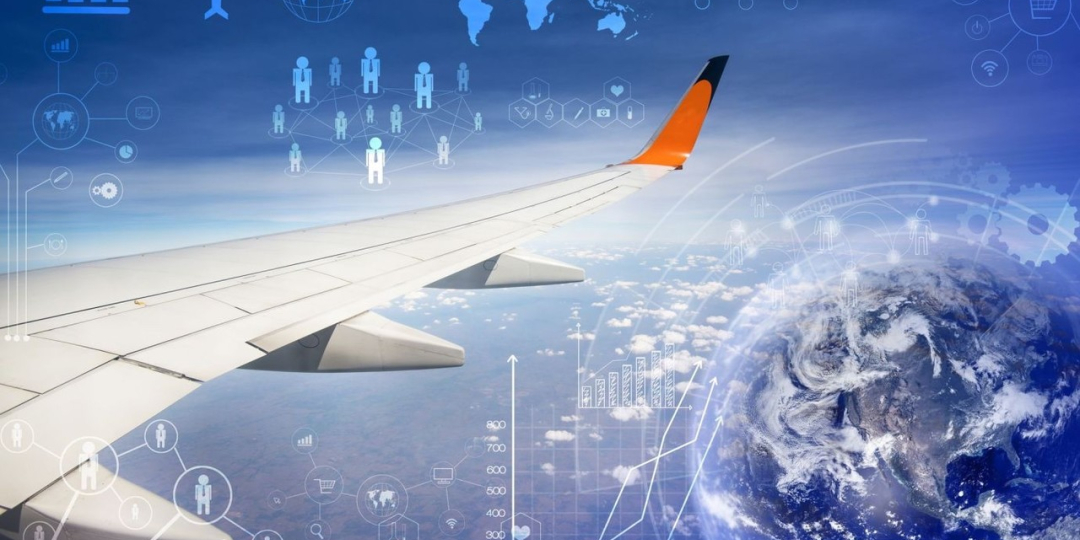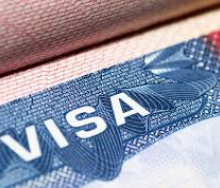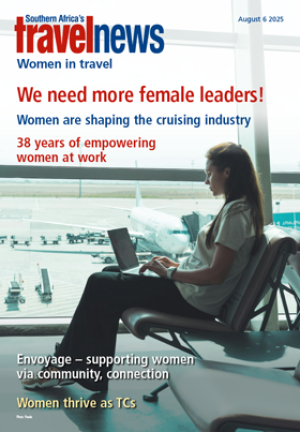Airlines looking to cut their distribution costs and wrest control of their inventory from the GDS companies have two main implements in their toolboxes to switch agents away from GDS bookings.
One is the levying of a surcharge on fares booked in the GDS.
The other is to move the cheapest fares out of the GDS and on to the airline’s own website, app, direct-connect channel and NDC channel. American Airlines did this in April, when it took the radical step of moving 40% of its fares on to its website and NDC exclusively.
Now United Airlines has followed suit and announced that it will remove its Basic Economy fares from GDS channels in the US market from September 5.
The Basic Economy fare, which does not include any baggage at all (not even a wheely bag that fits into overhead luggage stowage), is not likely to affect South African travel agents very much as these fares are not available on United’s long-haul transatlantic flights between South Africa and the US.
According to travelweekly.com, US executives Doreen Burse and Glenn Hollister say that basic economy fares would only be bookable via the website and app, as well as NDC-enabled channels – including NDC-enabled GDS channels.
United claims that the move is due to the technological limitations of legacy GDS channels and their inability to “support a full slate of ancillary products”. The logic is that since travellers who purchase basic economy tickets pay extra for carry-on and checked luggage, it makes sense to remove those fares from the channels which do not offer the ancillary options necessary to purchase the ancillary products. United says removing them from systems without ancillary options was a necessary move.
The airline told Travel Weekly that the carrier had no plans to remove other content from the legacy GDS systems and also that it had no plans at this point to move more fares to alternative channels, other than basic economy.
Burse said there were no plans to cut staff assigned to supporting travel advisers, as the airline said it viewed its relationship with agents as “incredibly important”.
“We're being really transparent and upfront that we want to do business together,” Burse told Travel Weekly. “And we're going to continue to find ways to do that. We'll be transparent. We'll be proactive and we'll be clear in what we're doing moving forward.”
Hollister said although the change would impact a few large OTAs, it would not affect TMCs, as less than 0,1% of United’s GDS sales were basic economy bookings.
United is reported to be in the advanced stages of provision of its NDC content via Travelport’s NDC channel. It already has an NDC channel presence on both Amadeus and Sabre.














